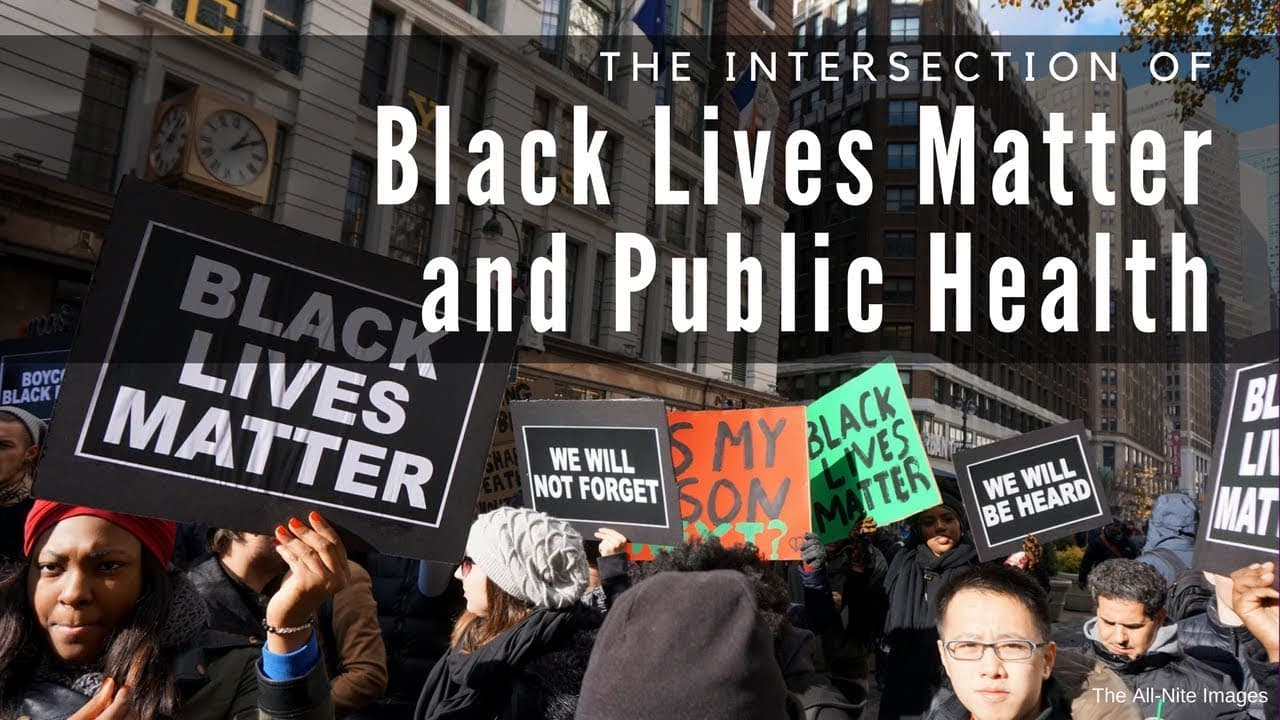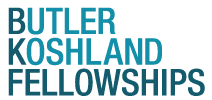
The Intersection of Black Lives Matter and Public Health
BKF Fellow Mehroz Baig, who now works as the Communications Specialist at San Francisco Department of Public Health, recently completed a video featuring public health and social justice professionals speaking about how leaders in different sectors, such as transportation, housing, and agriculture, can work together to improve health equity, using the national conversation on disparities to address key disparities. Below are her words about the project as well as the video.
Disease doesn’t discriminate. Disease also doesn’t operate in a vacuum. As public health researchers have spent more time looking at how disease affects certain populations, public health professionals have come to realize the critical impact that social determinants play in people’s health: everything from the economy, the environment, access to food, clean air, and water affect a person’s health. Where a person lives can have a direct impact in how long they live and the type of health they encounter during their life. There is plenty of data that shows inequities in health outcomes. This data isn’t new and unfortunately, not surprising. The question has been and continues to be, ‘what can we do about it?’
The past five years have given rise to a number of movements, including Black Lives Matter and the Movement for Black Lives, that are asking this question with clarity and purpose, and demanding an answer. Though the Black Lives Matter movement started as a response to police brutality against African Americans, its philosophy has grown to encompass all the ways in which people who identify as black/African American are being injured. This includes inequality when it comes to health. The movement is rooted in promoting human rights.
I wanted to explore this intersection in a way that not only furthers the conversation but also finds ways of addressing these inequities because we know from past experiences that the status quo isn’t working. I was humbled to steer this project from start to finish—through concept to filming, editing, and ultimately publishing this video story. It was eye-opening to hear of the incredible work that social justice advocates in the Bay Area are doing but also to learn of the challenges they continue to face. Addressing racial inequities isn’t easy. But it’s critical that we take a stand and do something. Putting this video story together has strengthened my commitment to addressing inequities, in public health and beyond, and to using my abilities as a storyteller to contribute to this movement.
To learn more about Mehroz, her BKF Mentor, Gloria Duffy, and the work accomplished together, please visit: https://bkfellowships.org/profiles/#gloriamehroz.
